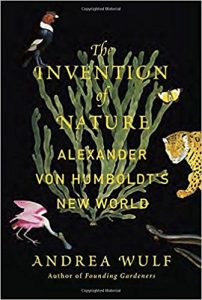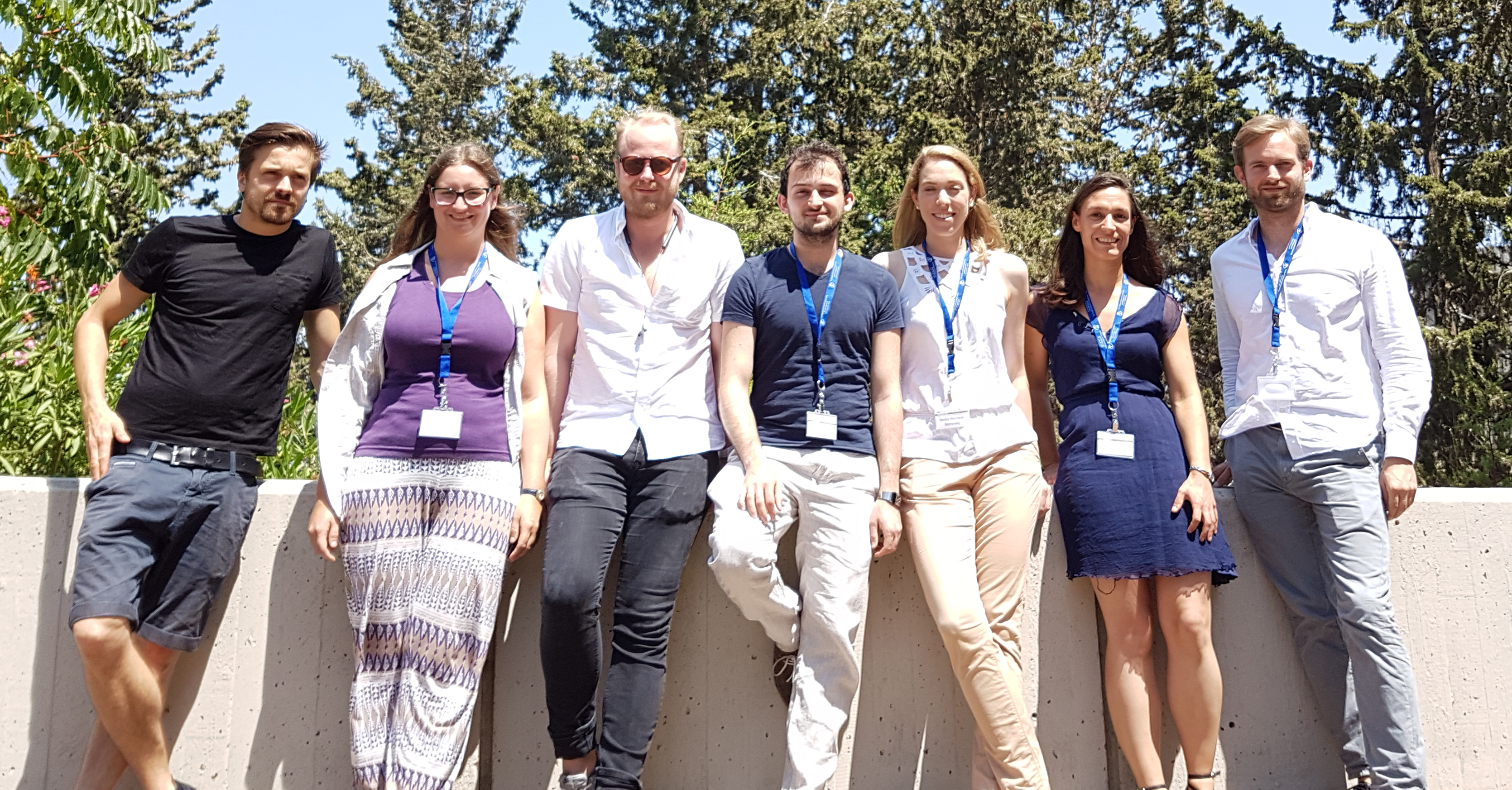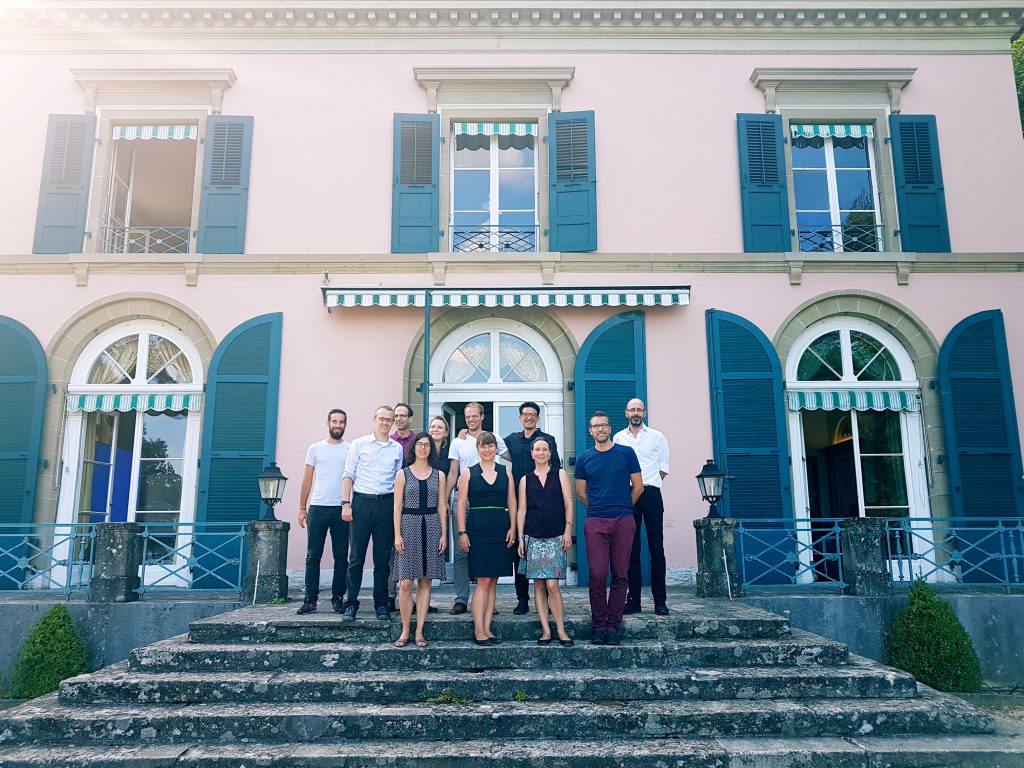
I read Andrea Wulf’s “The Invention of Nature” over the summer and I can highly recommend it! The book covers Alexander von Humboldt’s (1769-1859) life and work and is part biography, travel writing, and popular science book. It gives a good feel for Humboldt’s personality, and, perhaps more importantly, the influence that his views and writing led to a new understanding of nature. According to Wulf, one of Humboldt’s key contributions was his comparative approach to understanding nature and the realisation that, due to similar ecological factors (e.g., weather, altitude), there are striking similarities between the flora and fauna of, say, the Swiss Alps, South-Americas’ Andes, or Asia’s Ural mountains. This realization led to an understanding of nature as an interconnected whole that is not chaotic (and had to be made orderly by man, as some at the time argued) but, rather, is ruled by systematic principles that can be understood by observation and measurement.
Humboldt initially acquired his fame after burning through his inheritance to fund his exploration of South America. His book “Personal Narrative” describing his travels, merged literature with scientific report, and was immensely popular: “Personal Narrative” was a main inspiration to Charles Darwin and may have been instrumental in Darwin taking up exploration and ultimately boarding the Beagle. One impressive aspect of Wulf’s account is that she dedicates specific chapters to figures that were influenced by Humboldt’s writings and those chapters really give a good impression of the reach of his ideas and contribution to evolutionary thinking (Darwin, Haeckel), but also literature (Goethe, Thoreau), and conservationism (Muir).
Humboldt was immensely popular in his days and seem to have worked as a hub in the budding scientific networks of his time. His public lectures were attended by hundreds wherever he went and his name has baptised educational institutions, monuments, and locations (particularly in the Americas). Yet, Wulf notes, Humboldt is relatively unrecognised today in comparison to some of the people he influenced. Wulf devotes only a few lines to the world’s forgetting of Humboldt but boils it down to anti-German sentiment after the first and second world wars. One may ask how this squares with much wider recognition of Goethe, Schiller, Bach, Plank or other German figures. Perhaps Humboldt was instrumental in “inventing” a particular way of looking at nature but it was the people he influenced that weaved into our collective minds – perhaps an example of Stigler’s law.
Regardless of the reasons for us having forgotten Humboldt, Wulf’s account portraits both the man and a time in which key scientific disciplines were being forged that makes for very good reading to anyone interested the emergence of ecological and evolutionary thinking – as perhaps any good student of psychology should be!


